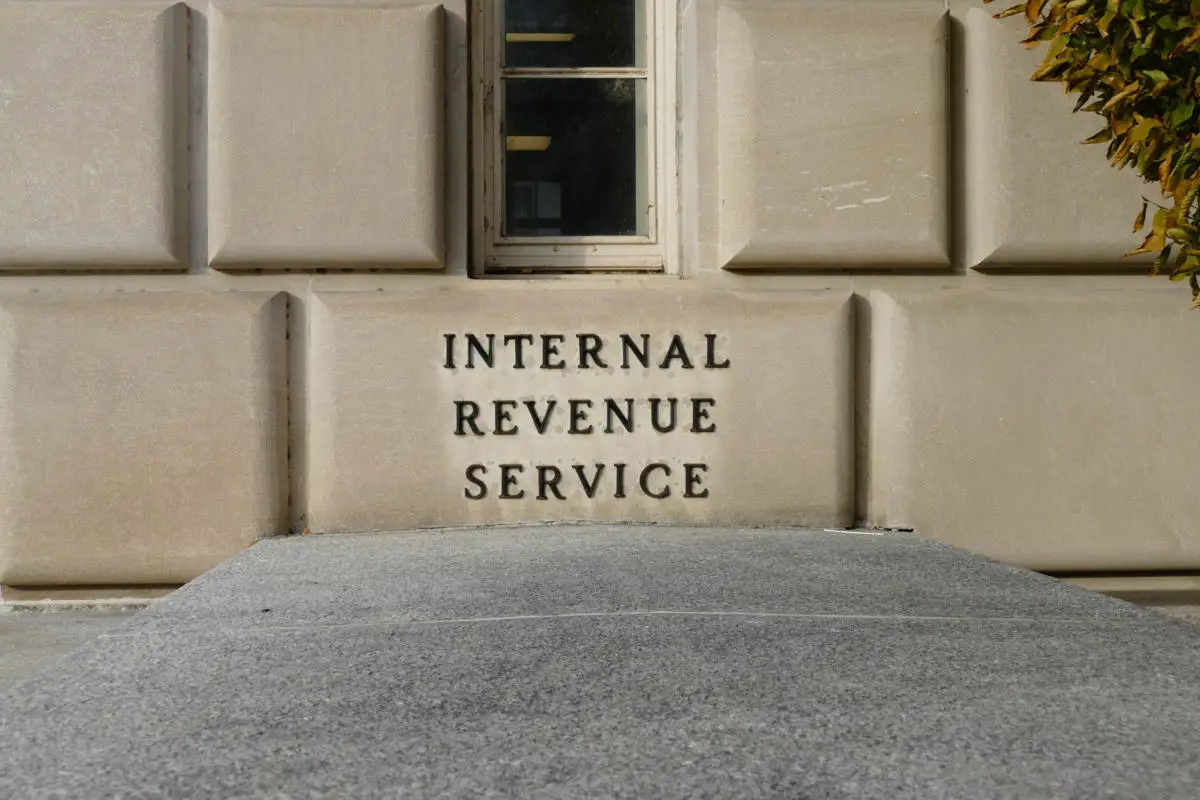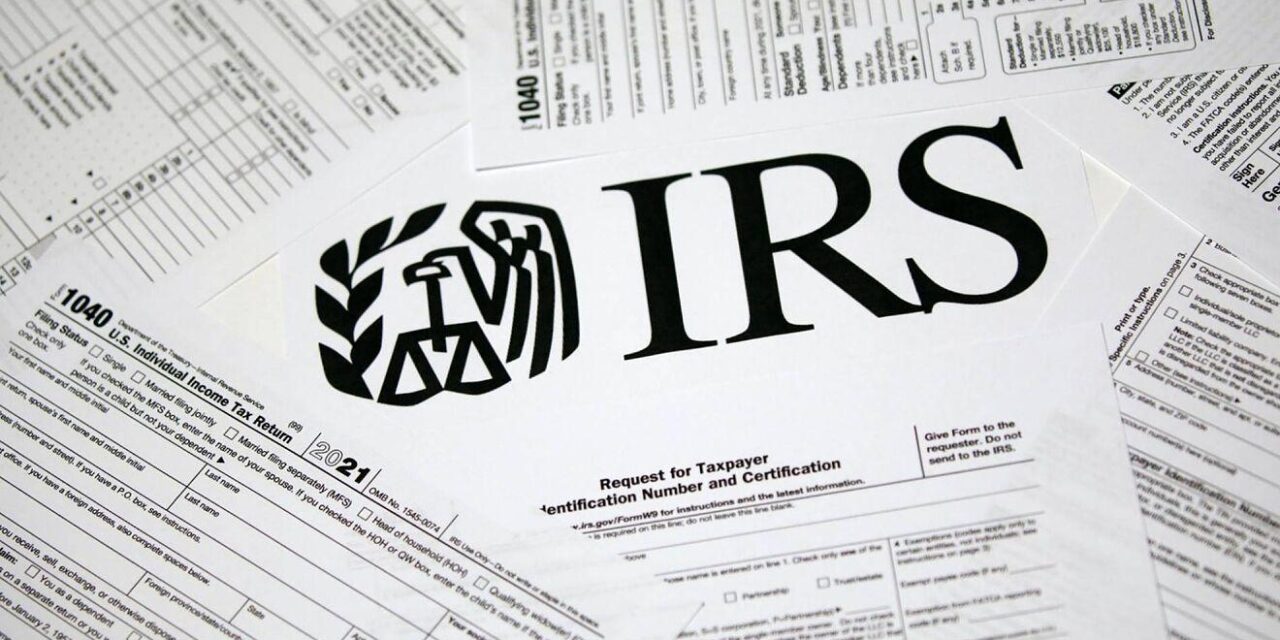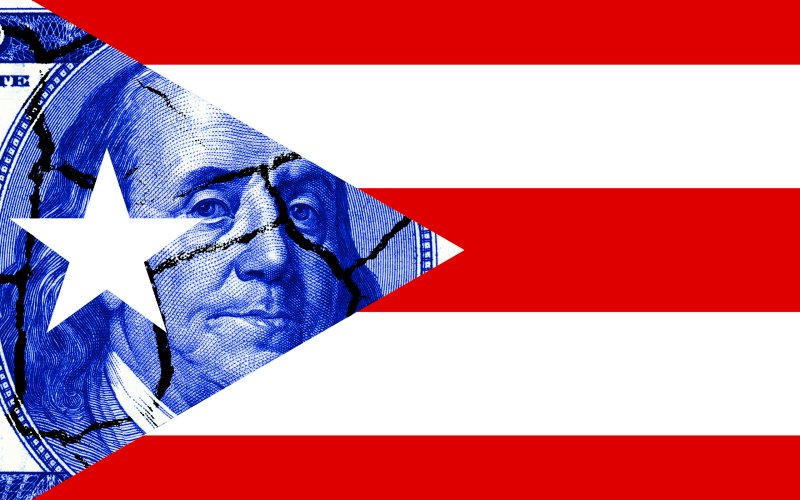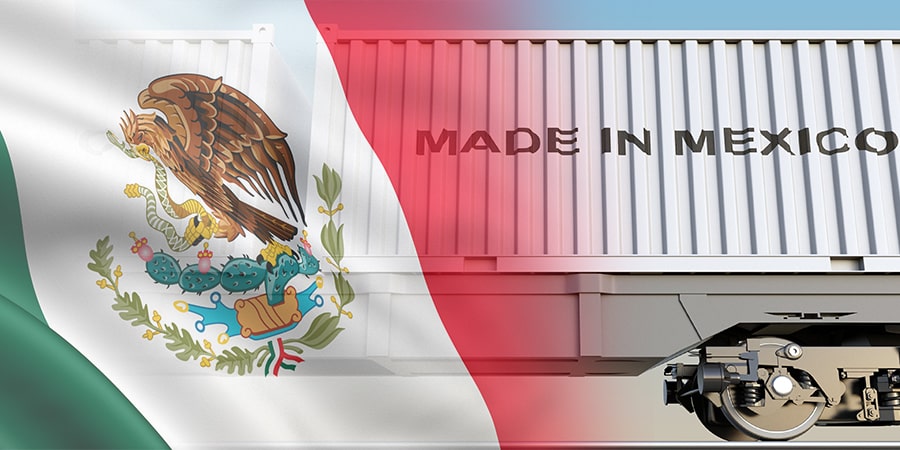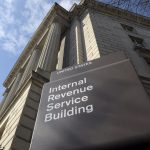Puerto Rico is the Only International Tax Plan for US Citizens
The IRS is targeting offshore tax plans, especially those in Malta. This is due to concerns that these plans are being used to avoid paying U.S. taxes. The IRS has been cracking down on offshore tax evasion in recent years, and this is likely to continue.
The IRS’s crackdown on offshore tax plans will have a negative consequence for those who have used these plans. These individuals may be subject to penalties and interest, and they may have to pay back taxes that they should have paid in the first place.
One of the only safe international tax plans for a U.S. citizen can be found in the U.S. territory of Puerto Rico. Under the Puerto Rico Act 60, U.S. citizens who move to Puerto Rico and become bona fide residents are exempt from federal income tax on their Puerto Rican source income. This includes income from employment, self-employment, and investments.
However, it is important to note that the Puerto Rico Act 60 is not a get-out-of-jail-free card. U.S. citizens who move to Puerto Rico and take advantage of the Act 60 tax benefits must still file U.S. federal income tax returns. They must also report all of their worldwide income on their U.S. tax returns, even if it is not subject to U.S. tax.
If you are considering moving to Puerto Rico to take advantage of the Act 60 tax benefits, you should speak with a tax advisor to make sure that you understand the rules and that you are complying with all applicable laws.
Act 60, also known as the Puerto Rico Tax Incentives Code, is a law that offers tax benefits to U.S. citizens who move to Puerto Rico and become bona fide residents. Some of the benefits of Act 60 include:
- Exemption from federal income tax on Puerto Rican source income. This includes income from employment, self-employment, and investments.
- Exemption from federal capital gains tax on gains realized on assets that are located in Puerto Rico.
- Reduced corporate tax rate of 4%.
- Exemption from municipal taxes.
- Exemption from property taxes on certain types of property.
The requirements for eligibility under Act 60 include:
- Becoming a bona fide resident of Puerto Rico. This means that you must spend at least 183 days in Puerto Rico during the taxable year.
- Not being a resident of Puerto Rico at any time between January 17, 2006 and January 17, 2012.
- **Not having been a resident of Puerto Rico for any part of the three taxable years immediately preceding the taxable year for which you are claiming benefits under Act 60.
If you are considering moving to Puerto Rico to take advantage of Act 60, you should speak with a tax advisor to make sure that you understand the rules and that you are complying with all applicable laws.
Here are some additional things to keep in mind about Act 60:
- The benefits of Act 60 are not automatic. You must file a special tax election with the Puerto Rico Department of Treasury in order to claim the benefits.
- The benefits of Act 60 are subject to change. The Puerto Rico government has the right to amend or repeal Act 60 at any time.
- Act 60 does not apply to all U.S. citizens. There are certain categories of U.S. citizens who are not eligible for the benefits of Act 60, such as government employees and members of the military.
In summary, the IRS is targeting offshore tax plans, especially those in Malta. This will have a negative consequence for those who have used these plans. One of the only safe international tax plans for a U.S. citizen can be found in the U.S. territory of Puerto Rico.
However, it is important to note that the Puerto Rico Act 60 is not a get-out-of-jail-free card. U.S. citizens who move to Puerto Rico and take advantage of the Act 60 tax benefits must still file U.S. federal income tax returns. They must also report all of their worldwide income on their U.S. tax returns, even if it is not subject to U.S. tax.
If you are interested in learning more about Act 60, please contact us at info@premieroffshore.com. We’ll be happy to assist you to set up your business in Puerto Rico.

